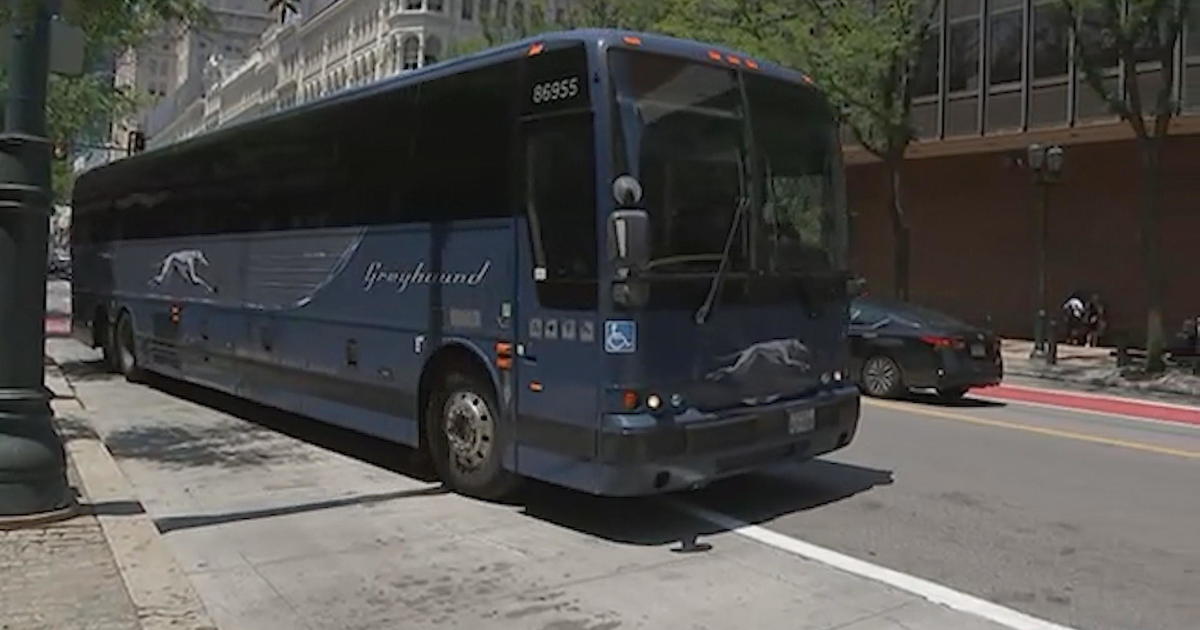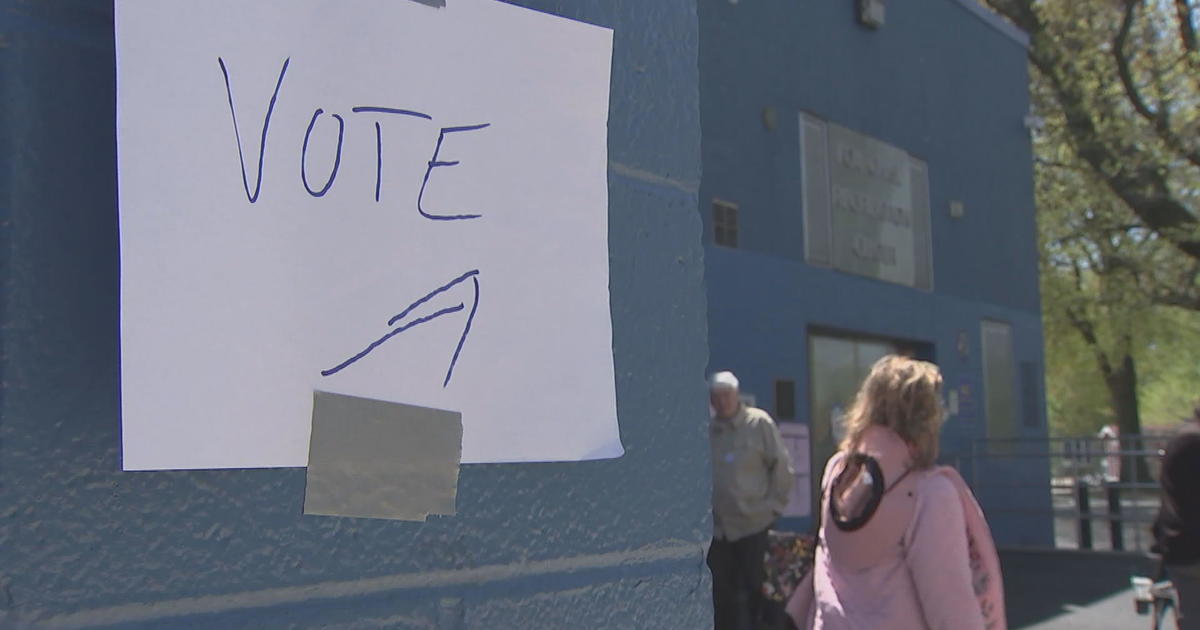Pennsylvania Officials Get Earful On Proposed Cuts To Winter Heating Assistance
PHILADELPHIA (CBS) -- State officials came to Philadelphia on Wednesday for hearings on proposed cuts to the program that helps low-income households stay warm in the winter. Testimony was unanimously opposed to the cuts.
Low-income Pennsylvanians already face a higher energy burden than other states, according to Community Legal Services attorney Maripat Pileggi.
"Up to 17 percent of their income, and that's a big deal," Pileggi said. "It's three times higher than what people in New Jersey and Ohio, as examples, have to pay."
READ: New Jersey State Workers Uncertain If They Will Get Back Pay Following Shutdown
Karen Wheeler gets up every morning and goes to work like her neighbors. But about five years ago, she found her minimum wage job not enough to make ends meet. Hurricane Sandy turned out to be a break for her because everyone around her lost electricity.
"I was like, 'oh, yeah, me too,' but that wasn't the reality," Wheeler explained. "The reality was my electricity was shut off at the time, but I was embarrassed and I didn't want anyone to know that."
In the aftermath, Wheeler learned about the LIHEAP energy assistance program, which has helped her get through every winter since.
READ: Program At Outdoor Historic Landmark Addresses Skills Gap For Vulnerable Young People
Like everyone else at the hearing, including PECO and PGW, Wheeler asked state officials not to enact cuts, which include a shorter season and smaller amounts for the grants.
"Making the country better doesn't mean cutting off programs like LIHEAP," she said, "and putting the weight of the world on the backs of the poor."
The officials said they already had decided to start the program on time -- November 1 -- instead of waiting till later in November but made no commitment on the other cuts.



